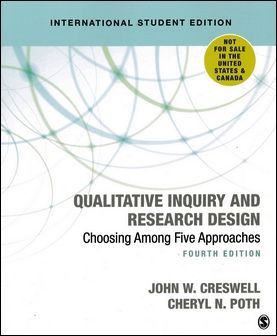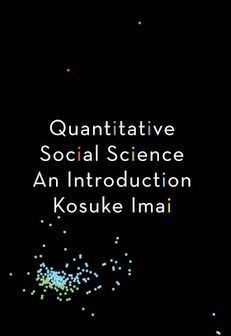書籍分類

Qualitative Inquiry and Research Design: Choosing Among Five Approaches 4/e
作者:John W. Creswell, Cheryl N. Poth
原價:NT$ 1,800
ISBN:9781506361178
版次:4
年份:2018
出版商:SAGE Publications
頁數/規格:492頁/平裝雙色
參考網頁:Qualitative Inquiry and Research Design: Choosing Among Five Approaches 4/e
版次:4
年份:2018
出版商:SAGE Publications
頁數/規格:492頁/平裝雙色
參考網頁:Qualitative Inquiry and Research Design: Choosing Among Five Approaches 4/e
內容介紹 本書特色 目錄 作者介紹
- Description
In the revised Fourth Edition of the best-selling text, John W. Creswell and new co-author Cheryl N. Poth explore the philosophical underpinnings, history, and key elements of five qualitative inquiry approaches: narrative research, phenomenology, grounded theory, ethnography, and case study. Preserving Creswell's signature writing style, the authors compare the approaches and relate research designs to each of the traditions of inquiry in a highly accessible manner. Featuring new content, articles, pedagogy, references, and expanded coverage of ethics throughout, the Fourth Edition is an ideal introduction to the theories, strategies, and practices of qualitative inquiry.







